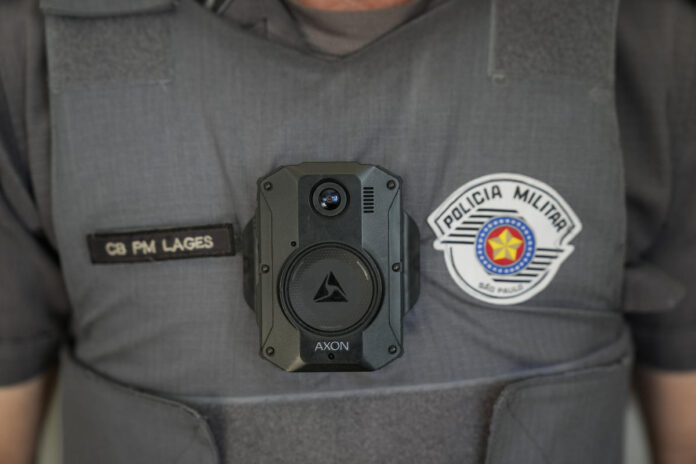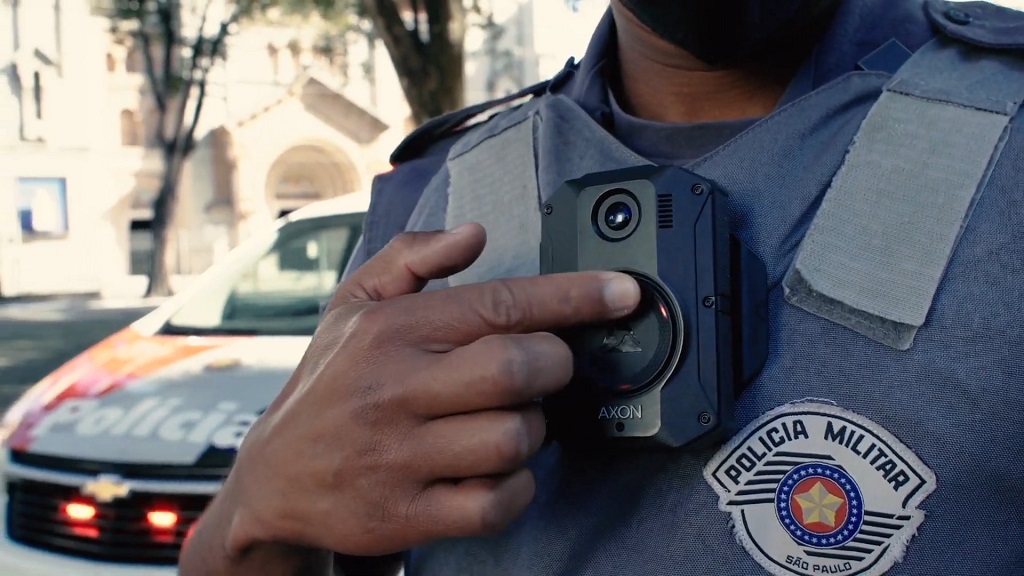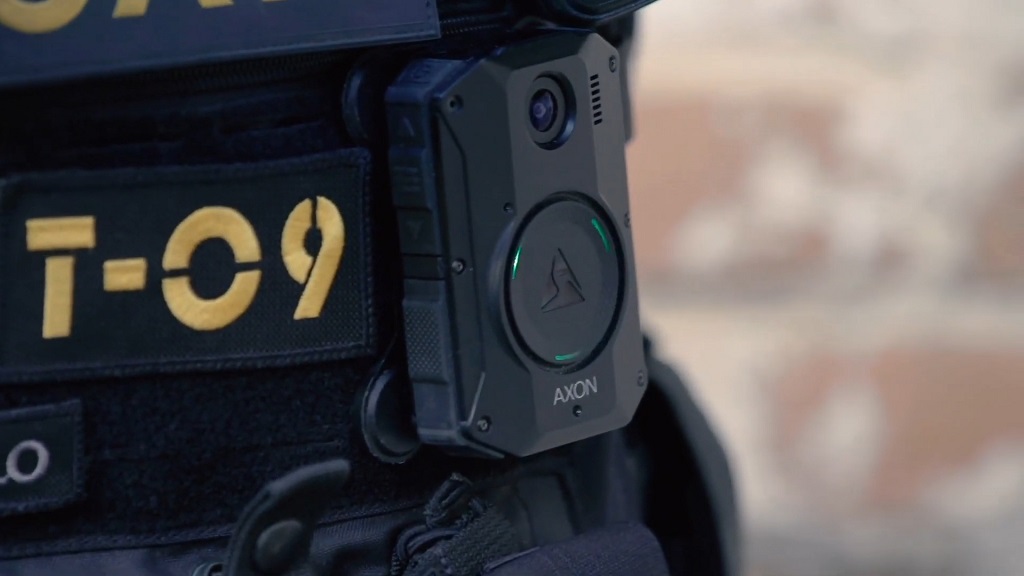
The Supreme Court of Brazil has decided that all military police in São Paulo must use body cameras during their work.
Justice Luís Roberto Barroso issued this decision on December 9, 2024, to address concerns about police violence and strengthen trust in law enforcement.
Camila:Ministro Luís Roberto Barroso determina uso de câmera corporal por PMs em São Paulo. Presidente do STF vê risco a direitos fundamentais.
Pra que votar em governador, senador, deputado. Se quem manda é o STF. pic.twitter.com/gvds46Ak5y
— Freu Rodrigues (@freu_rodrigues) December 9, 2024
Impact on Police Operations

Studies have shown that the use of body cameras can significantly reduce incidents of police violence.
Research by the Brazilian Forum on Public Safety revealed a 62.7% decrease in deaths resulting from police interventions in São Paulo, with the majority of this reduction occurring in battalions equipped with body cameras.
It also has the potential to significantly reduce the homicide rates, and lead to higher safety in cities all over Brazil. Removing bribing police officers as a possibility is surely a huge step forward.
Governor Revises His Position on Body Cameras
Governor Tarcísio de Freitas initially opposed the expansion of body cameras but changed his position after reviewing the evidence.
He announced plans to extend the program statewide, acknowledging the benefits for both public safety and officer accountability.
O governador Tarcísio de Freitas recuou da sua posição arbitrária e irracional de ser contra as câmeras corporais em policiais e agora se diz favorável à ferramenta. É notório que ele fez isso por uma questão de marketing eleitoral, movido por alguma pesquisa de opinião. Se ele… pic.twitter.com/CkJtjVyA0F
— Dep. Alencar Santana (@AlencarBraga13) December 6, 2024
National Guidelines
The Ministry of Justice and Public Security has introduced federal rules for using body cameras.
Officers must record specific situations, including personal searches and responses to incidents.
The new standards aim to improve oversight and ensure that cameras operate effectively.
Barroso determina à Polícia Militar de São Paulo, o uso obrigatório de câmeras corporais.
Ronaldo Caiado 👇 pic.twitter.com/FBqnpUjj7I
— Mp21 (@mpmissao21_1) December 9, 2024
Benefits in Policing
Global studies show that body cameras reduce the use of force and provide clear evidence during investigations.
In São Paulo, pilot programs have already shown a decline in police-related deaths when cameras are used consistently.
Public Support and Future Plans

The mandatory use has gained strong public backing. Advocacy groups and families affected by police violence view this move as a step toward justice.
The São Paulo government is now responsible for ensuring proper use of the devices, training officers, and monitoring compliance.
Mandatory cameras are expected to reduce violence and increase transparency. Other states may soon follow São Paulo’s example to build public trust in law enforcement.
Read Next – Brazilian President Lula Recovering After Emergency Brain Surgery
















